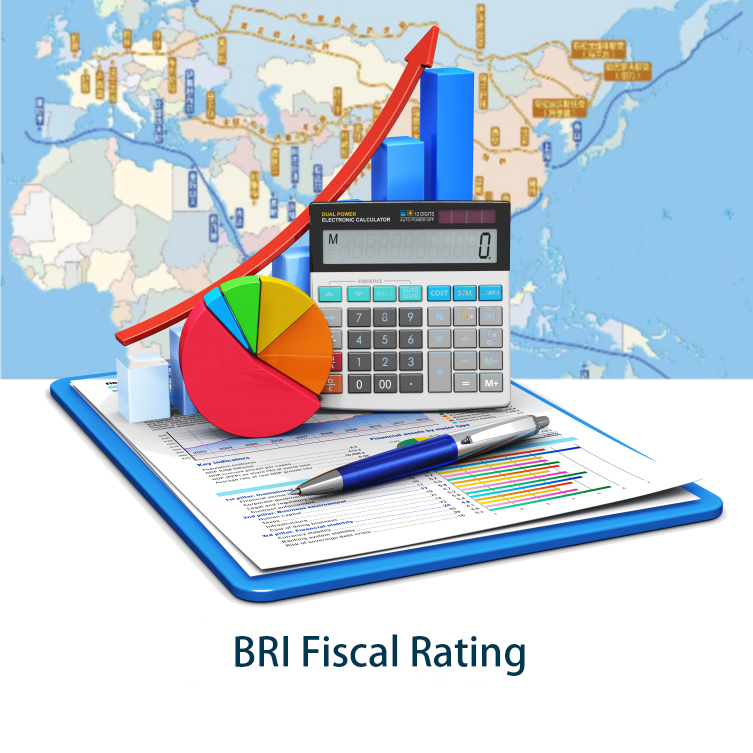Saudi Arabia introduces 5% tax on real estate transactions
Saudi Arabia has introduced a 5 percent Real Estate Transaction Tax, effective from April 10, as part of its economic diversification efforts.
The new tax, the Zakat, Tax and Customs Authority said, will apply to all real estate transactions across the Kingdom, including residential, commercial, and industrial properties.
It will be imposed regardless of the property’s development status, usage, or whether the transfer involves full or partial ownership. It will also apply to undocumented transactions.
To comply with the new regulation, all property transfers must be registered through the RETT platform on ZATCA’s official website.
Parties involved in a transaction will need to declare property details and any applicable exemptions before formalizing the transfer at a notary or legal authority.
The introduction of the RETT is part of Saudi Arabia’s broader strategy to foster growth in the real estate market, with expectations for significant expansion in 2025.
In a recent report, real estate services firm JLL highlighted strong economic growth across the Gulf region, with Saudi Arabia leading the way.
The Kingdom’s non-oil sector is expected to grow by 5.8 percent in 2025, up from 4.5 percent in 2024. The construction sector performed well in 2024, with project awards totaling $29.5 billion. Furthermore, the Saudi real estate market is projected to reach $101.62 billion by 2029, growing at an annual rate of 8 percent from 2024.
ZATCA stated on its official X account that the RETT regulation is designed to create a clear legal framework, foster growth in the real estate sector, attract investment, and enhance tax exemptions for economic, social, and regulatory goals. The new rules also aim to address challenges specific to the real estate industry.
The newly approved regulations provide clarity on property transactions subject to tax, establish mechanisms for tax calculation, and outline payment procedures.
They also introduce measures to ensure fair market value verification. Notably, the fine for delayed tax payments has been reduced from 5 percent to 2 percent.
Exemptions include property transfers resulting from inheritance divisions, registered public and private endowments, and transfers between spouses or relatives up to the third degree.






















































First, please LoginComment After ~